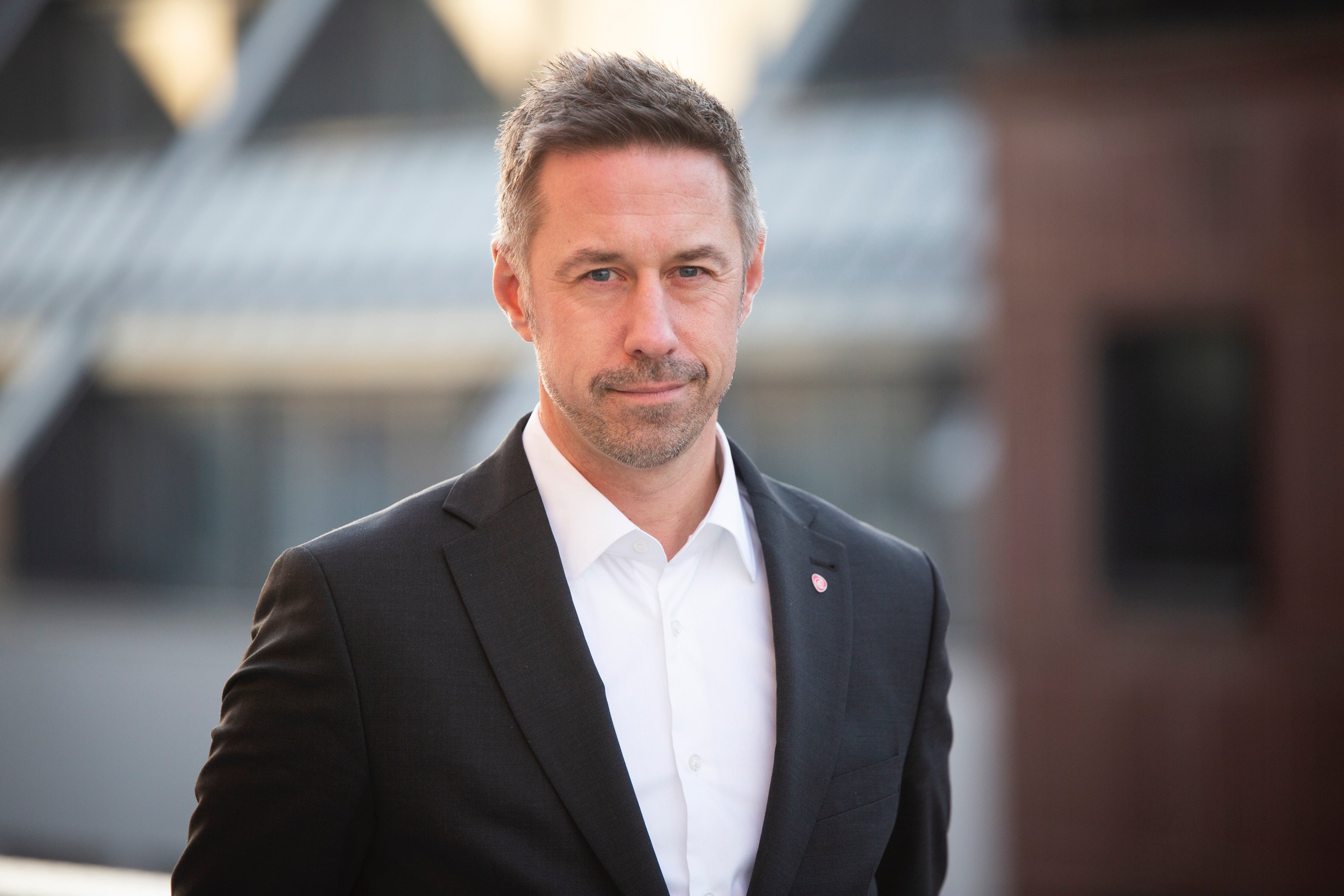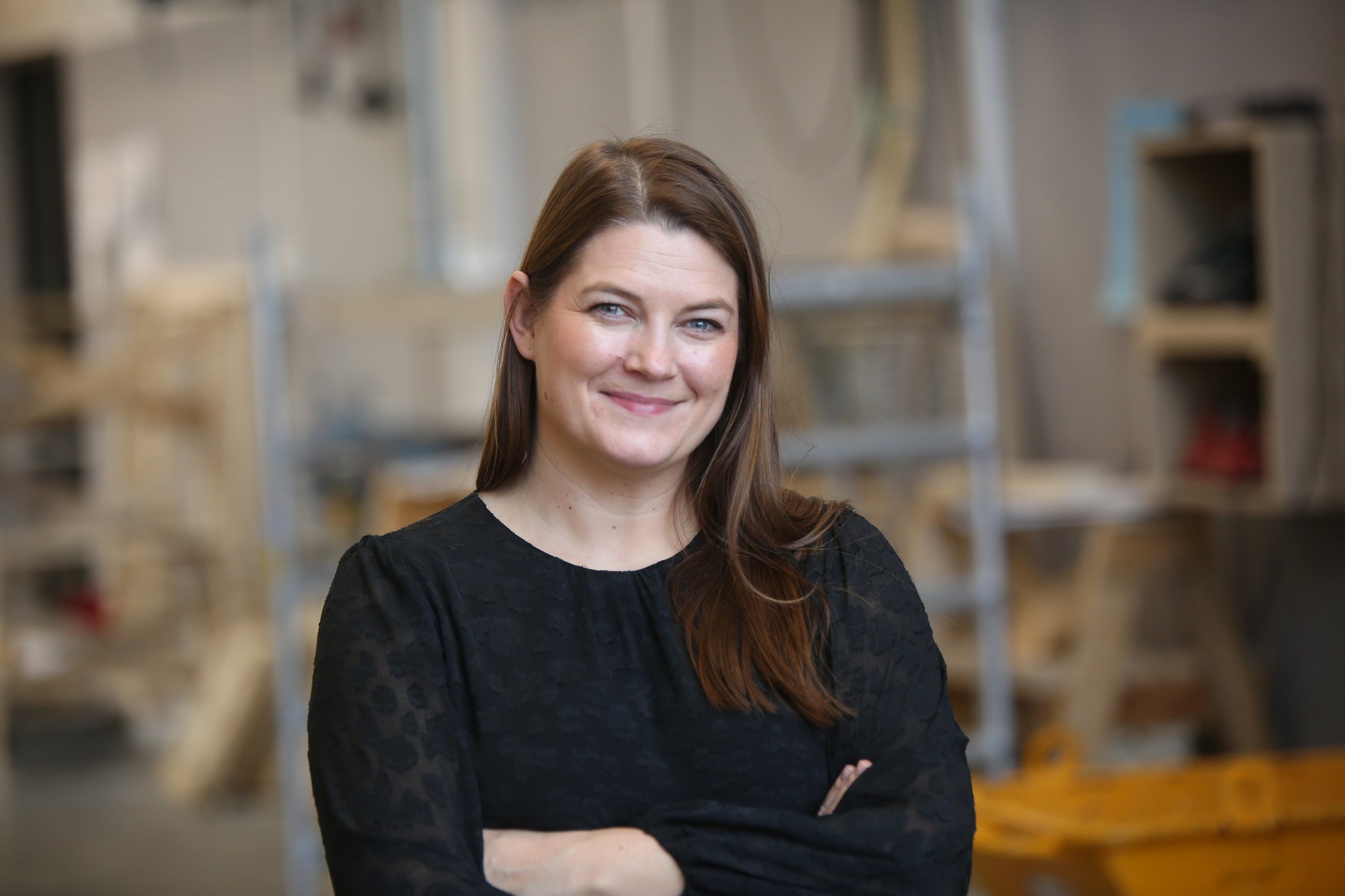Hvordan kan vi utnytte våre fortrinn til å utvikle et internasjonalt ledende innovasjonsdistrikt i Bergen? I dette møtet ser vi nærmere på aktuell forskning på innovasjonsdistrikter og lokale betingelser for utvikling av slike “distrikt”.
- Dato: Tirsdag 17. februar 2026
- Sted: Realfagbygget, Auditorium 2 (underetasjen), Allegaten 41
- Tid: Foredraget starter 16.30
- Lett servering utenfor auditoriet fra kl. 16.00.
- Møtet er åpent for alle
Mer informasjon på UiBs nettsider.
Om møtet (holdes på norsk)
Hvordan kan vi utnytte våre fortrinn til å utvikle et internasjonalt ledende innovasjonsdistrikt i Bergen? Et innovasjonsdistrikt forstås gjerne som et geografiske byområder der kunnskapsinstitusjoner og kunnskapstunge virksomheter samler seg og samarbeider med gründere, inkubatorer, investorer og det offentlige for å fremme innovasjon og kommersialisering av idéer og kunnskap.
I Bergen har Marineholmen blitt omtalt som et slikt “distrikt”.
I dette møtet ser vi nærmere på aktuell forskning på innovasjonsdistrikter og lokale betingelser for utvikling av slike “distrikt”.
Til slutt blir det tid til spørsmål fra salen.
Om foredragsholderne
Lars Martel Antoine Coenen er professor i innovasjon og bærekraftige omstillinger ved Mohnsenteret for innovasjon og regional utvikling. Han er er internasjonalt anerkjent for sin forskning på regional og urban innovasjon, spesielt innen miljøinnovasjon og bærekraftige omstillinger. Tidligere var han professor ved CIRCLE ved Lunds universitet, hvor han ledet en forskningsgruppe for innovasjon og bærekraft. Han har også vært vitenskapelig rådgiver for ulike innovasjonsprogrammer og satsinger ved VINNOVA. Fra 2017 til 2020 var han City of Melbourne Chair of Resilient Cities ved University of Melbourne.
Randi Elisabeth Taxt arbeider i VIS som Senior innovasjonsutvikler og har omfattende erfaring fra innovasjonsledelse, teknologiledelse, entreprenørskap og ledelse i høyere utdanning. Hun har en cand.scient.-grad i biologi, Master i Technology Management (MTM) fra Norges teknisk‑naturvitenskapelige universitet (NTNU) og ph.d. grad i økonomisk geografi fra Universitetet i Bergen, innen innovasjonsforskning.
Arrangører
NTVA, Tekna Bergen og Academia Europaea Bergen.







